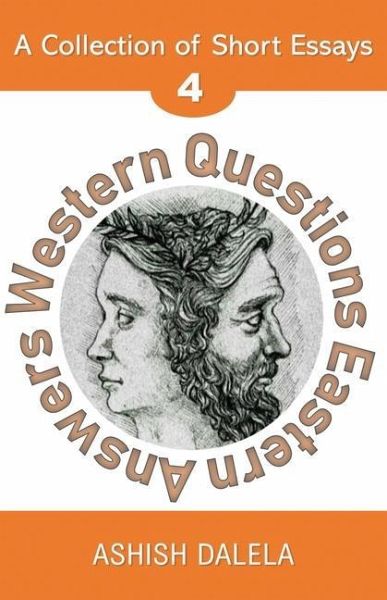Nicht lieferbar

Western Questions Eastern Answers
A Collection of Short Essays - Volume 4
Versandkostenfrei!
Nicht lieferbar
Why did I choose to name this collection "Western Questions, Eastern Answers"? Philosophy and science in the West have largely been practiced with the aim to understand the present world. A number of theories have been propounded, none of which are free of problems. Philosophy and science in the East (specifically the Vedic tradition) has always been practiced with the aim to transcend the world. Vedic texts provide many theories, but always in answer to a transcendental question. On one hand, therefore, we have questions that haven't found good answers. On the other, there are very good answe...
Why did I choose to name this collection "Western Questions, Eastern Answers"? Philosophy and science in the West have largely been practiced with the aim to understand the present world. A number of theories have been propounded, none of which are free of problems. Philosophy and science in the East (specifically the Vedic tradition) has always been practiced with the aim to transcend the world. Vedic texts provide many theories, but always in answer to a transcendental question. On one hand, therefore, we have questions that haven't found good answers. On the other, there are very good answers that haven't been connected to the burning questions of mankind today.Combining them makes a lot of sense from both sides, although I believe this type of approach to a 'synthesis' of religion and science hasn't been attempted before. Clearly, to repeat the same answer but in response to a different question, and the answer to still make a lot of sense, we must understand not just the questions and answers, but also the other answers that were earlier given for the same question, and how the new answer is better. That is not just a demand on the author; it is an equally difficult demand on the reader as well. But that's the price to be paid if there is indeed a long history of incorrect answers which have to be rejected before a correct answer would be accepted. After all, we might still do the right thing, if only as the option of last resort.My aim is to provide the answers that were previously given in response to radically different questions, but now in response to the questions that currently remain unanswered. Many people have tried to marry the intellectual and ideological views of East and West, sometimes with hilarious and disastrous results. This attempt is therefore not without considerable risks, although the effort is worth the trouble.














